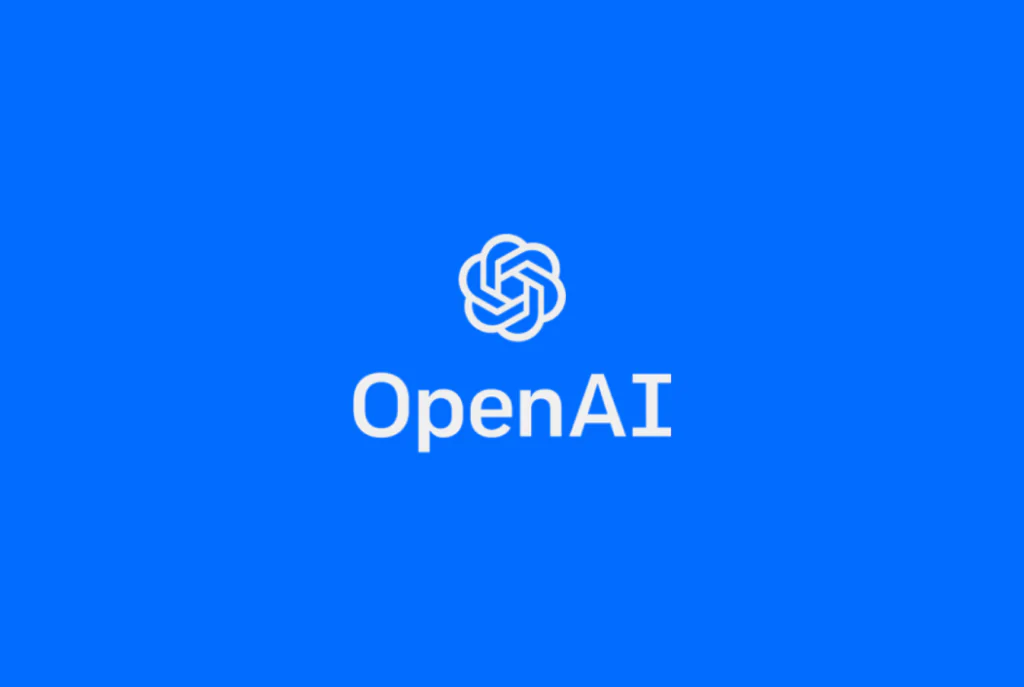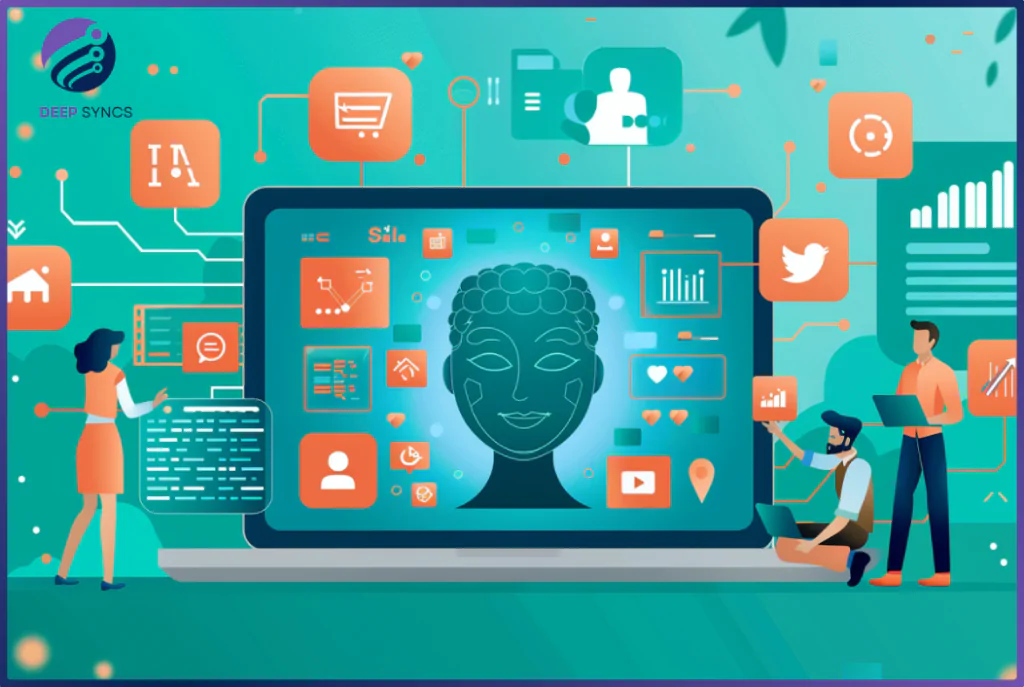Introduction
Introducing Open AI: A Revolution in AI Development
In recent years, Open AI has emerged as a pivotal force in the realm of artificial intelligence (AI) development. This revolutionary organization has been at the forefront of pushing the boundaries of what AI can achieve.
The Importance of Open-Source Intelligence in AI
Open-source intelligence, facilitated by platforms like Open AI, holds immense significance in shaping the future landscape of AI. By fostering collaboration and accessibility, it paves the way for groundbreaking advancements in the field.
Understanding Open AI
What is Open AI?
Open AI can be understood as a non-profit research organization dedicated to advancing the field of artificial intelligence. With its commitment to openness and collaboration, it stands as a beacon of innovation in the AI community.
Origins and Evolution
Open AI traces its origins back to 2015 when it was founded with the mission of ensuring that artificial intelligence benefits all of humanity. Over the years, it has evolved into a global hub for AI research and development, driving progress in various domains.
The Mission of Open AI
Advancing AI for the Benefit of Humanity
At the core of Open AI’s mission lies a profound commitment to harnessing the potential of AI for the greater good. By prioritizing ethical considerations and societal impact, it seeks to steer AI development in a direction that serves humanity.
Democratizing AI Access
Open AI is on a mission to democratize access to AI technology, making it accessible to researchers, developers, and organizations worldwide. Through its open-source initiatives, it empowers individuals to contribute to and benefit from AI advancements.
Open AI’s Core Principles
Transparency
Transparency is a fundamental principle that underpins Open AI’s operations. By openly sharing research findings, datasets, and models, it fosters trust and accountability within the AI community.
Collaboration
Collaboration lies at the heart of Open AI’s approach to innovation. By fostering collaboration among researchers, developers, and stakeholders, it accelerates the pace of AI progress and fosters a culture of collective intelligence.
Ethical AI Development
Ethical considerations are paramount in Open AI’s pursuit of AI development. By prioritizing ethical guidelines and responsible practices, it seeks to mitigate potential risks and ensure that AI technologies serve the best interests of society.
Exploring Open-Source Intelligence
Open Source vs. Closed Source: Understanding the Difference
In the realm of AI development, open-source intelligence stands in stark contrast to closed-source approaches. While closed-source models restrict access and collaboration, open-source intelligence promotes transparency, innovation, and community-driven development.
The Benefits of Open-Source Intelligence
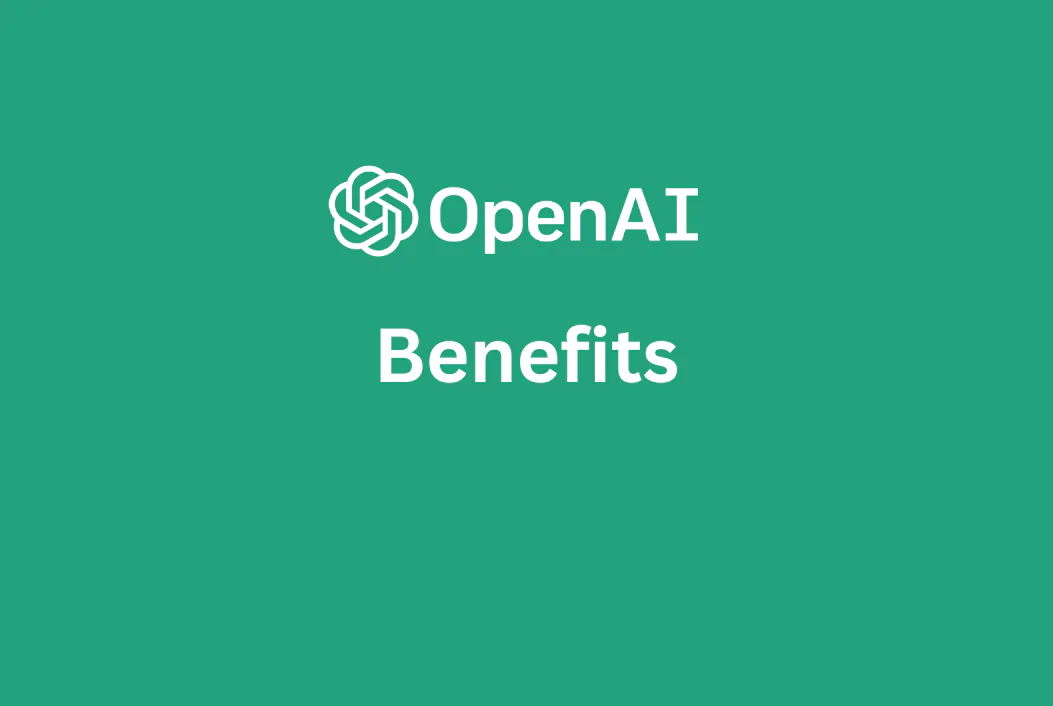
1. Increased Collaboration and Innovation
One of the primary benefits of open-source intelligence is its ability to foster collaboration and innovation on a global scale. By allowing researchers and developers to freely access and build upon each other’s work, it accelerates the pace of AI advancement.
2. Accessibility and Affordability
Open-source intelligence democratizes access to AI technology, making it more accessible and affordable for individuals and organizations with limited resources. This accessibility fosters a more diverse and inclusive AI ecosystem.
3. Community-driven Development
Open-source intelligence thrives on community-driven development, where individuals from diverse backgrounds come together to contribute their expertise and insights. This collaborative approach results in more robust, adaptable, and innovative AI solutions.
Examples of Open-Source AI Projects
TensorFlow
TensorFlow, an open-source machine learning framework developed by Google, has become a cornerstone of AI development. Its versatility, scalability, and extensive community support make it a preferred choice for building a wide range of AI applications.
PyTorch
PyTorch, another popular open-source machine learning library, is known for its flexibility, ease of use, and dynamic computational graph capabilities. It has gained widespread adoption among researchers and developers for prototyping and deploying AI models.
OpenAI GPT
The OpenAI GPT (Generative Pre-trained Transformer) series represents a groundbreaking advancement in natural language processing (NLP). These open-source models, trained on vast amounts of text data, have demonstrated remarkable capabilities in tasks such as text generation, translation, and summarization.
More Tools of OpenAI
Impact of Open AI on Industry
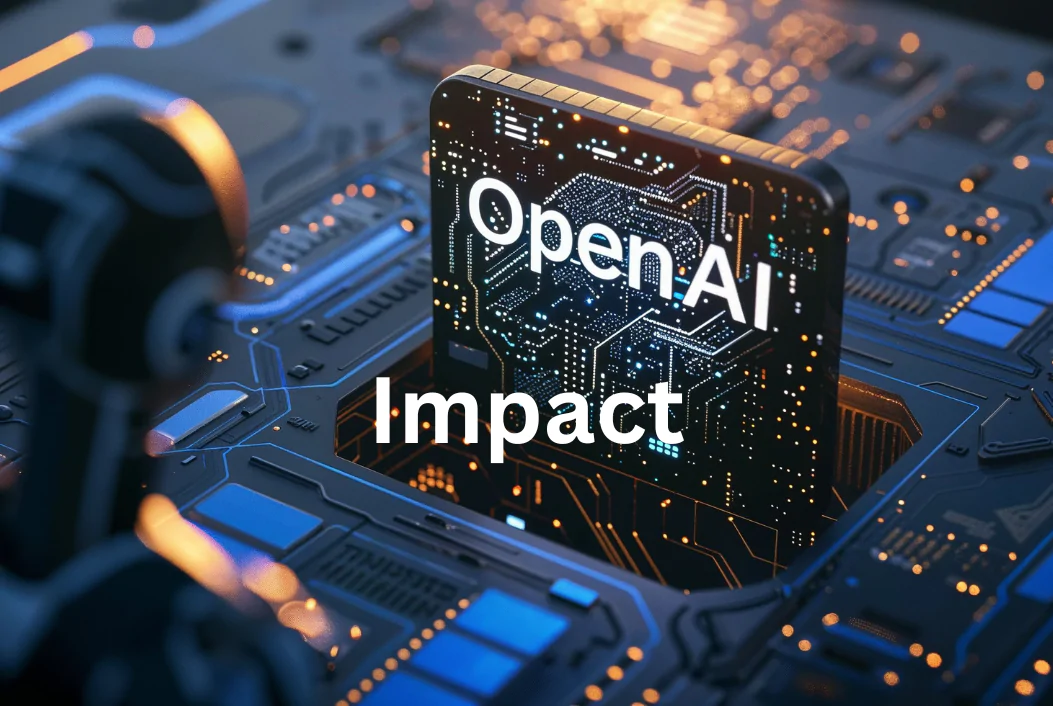
Open AI in Research and Development
Open AI’s contributions to AI research and development have been instrumental in accelerating breakthroughs in various domains. By providing researchers with access to cutting-edge tools, resources, and datasets, it has facilitated advancements in areas such as computer vision, natural language processing, and reinforcement learning.
Enabling Rapid Prototyping and Experimentation
The open-source nature of Open AI’s platforms enables researchers and developers to rapidly prototype and experiment with AI models. This agility fosters a culture of innovation and exploration, leading to the discovery of novel algorithms, techniques, and applications.
Open AI in Business
Leveraging Open-Source Tools for Competitive Advantage
In the business world, open-source intelligence offers a strategic advantage to organizations looking to harness the power of AI. By leveraging open-source tools and frameworks, businesses can accelerate their AI initiatives, reduce development costs, and gain a competitive edge in the market.
Redefining Business Models and Strategies
Open AI’s impact extends beyond technology to shape business models and strategies in the AI industry. By promoting openness, collaboration, and ethical AI practices, it encourages businesses to prioritize societal impact and long-term sustainability in their AI endeavors.
Challenges and Limitations
Data Privacy and Security Concerns
One of the primary challenges associated with open-source intelligence is the risk of data privacy and security breaches. As AI systems become increasingly reliant on vast amounts of data, ensuring the privacy and security of sensitive information becomes a critical concern.
Maintaining Model Quality and Reliability
Another challenge is maintaining the quality and reliability of AI models in an open-source environment. With multiple contributors and decentralized development processes, ensuring consistency, accuracy, and performance across different versions of models can be challenging.
Intellectual Property Issues and Licensing
Open-source intelligence raises complex intellectual property issues and licensing considerations. Balancing the principles of openness and collaboration with the need to protect intellectual property rights poses legal and logistical challenges for both developers and organizations.
Real-World Applications
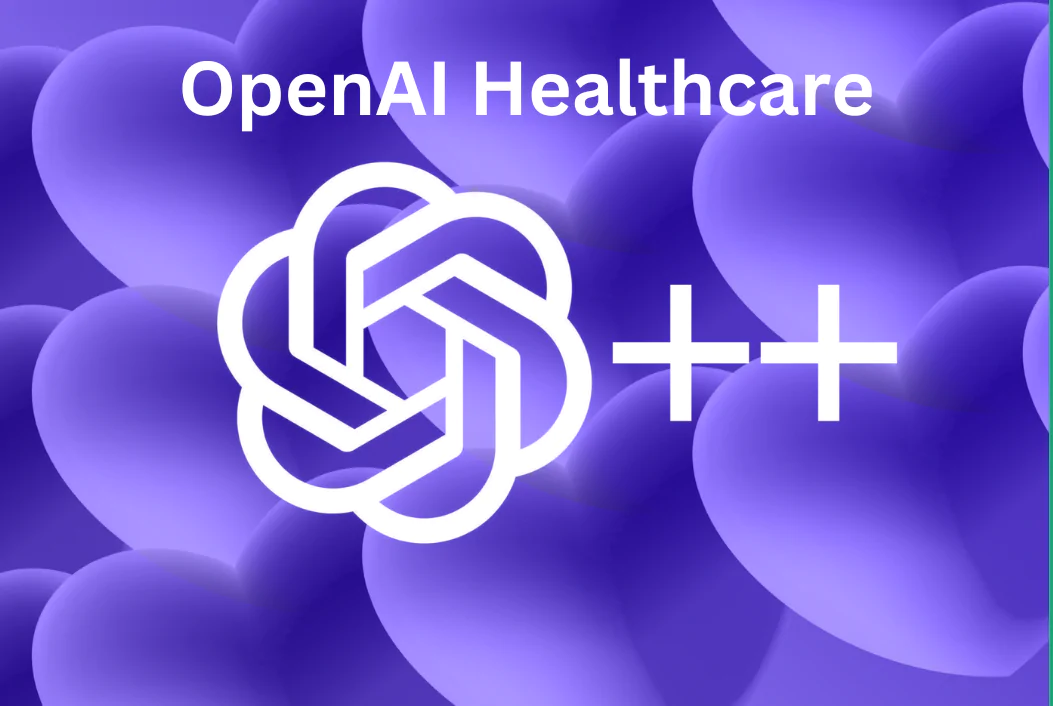
Open AI in Healthcare
Improving Diagnostics and Treatment
In the healthcare sector, Open AI’s technologies hold immense potential for improving diagnostics and treatment outcomes. By analyzing medical imaging data, electronic health records, and clinical notes, AI algorithms can assist healthcare providers in diagnosing diseases, identifying treatment options, and predicting patient outcomes.
Drug Discovery and Development
AI-driven approaches are revolutionizing the process of drug discovery and development. By analyzing molecular structures, predicting drug-target interactions, and simulating biological processes, AI algorithms can accelerate the discovery of novel therapeutics and optimize drug development pipelines.
Open AI in Finance
Predictive Analytics and Risk Management
In the financial industry, AI technologies powered by open-source intelligence are driving advancements in predictive analytics and risk management. By analyzing vast amounts of financial data, AI algorithms can identify patterns, trends, and anomalies to make informed predictions and mitigate risks.
Algorithmic Trading
AI-powered algorithms are reshaping the landscape of algorithmic trading, enabling automated decision-making and execution in financial markets. By analyzing market data, identifying trading opportunities, and executing trades at lightning speed, AI algorithms can optimize trading strategies and generate profits for investors.
Open AI in Education
Personalized Learning
In the field of education, AI technologies are revolutionizing personalized learning experiences for students. By analyzing individual learning styles, preferences, and performance metrics, AI algorithms can tailor educational content, activities, and assessments to meet the unique needs of each student.
AI-driven Tutoring Systems
AI-driven tutoring systems offer personalized support and guidance to students, complementing traditional classroom instruction. By adapting to students’ learning pace, providing real-time feedback, and offering targeted interventions, AI algorithms can enhance learning outcomes and foster student engagement.
Ethical Considerations
Addressing Bias and Fairness in AI Models
One of the foremost ethical considerations in AI development is addressing bias and ensuring fairness in AI models. Biases in training data, algorithmic decision-making, and model outputs can perpetuate inequalities and harm marginalized groups, highlighting the importance of ethical AI practices.
Ensuring Responsible Use of AI Technology
Responsible use of AI technology requires careful consideration of its potential impacts on individuals, society, and the environment. From algorithmic bias and privacy concerns to job displacement and societal disruption, AI deployments must be guided by ethical principles and regulatory frameworks to mitigate risks and maximize benefits.
Open AI’s Efforts in Ethical AI Development
Open AI is committed to promoting ethical AI development practices across its research, projects, and collaborations. By prioritizing transparency, fairness, and accountability, it seeks to build AI systems that align with societal values and promote the well-being of all stakeholders.
Future Trends and Innovations
The Evolution of Open-Source Intelligence
As AI technology continues to evolve, so too will the concept of open-source intelligence. Future advancements in AI research, algorithms, and tools will shape the evolution of open-source platforms, enabling even greater collaboration, innovation, and impact across diverse domains.
Open AI’s Role in Shaping the Future of AI
Open AI is poised to play a pivotal role in shaping the future trajectory of AI development. By fostering collaboration, advancing ethical standards, and driving technological innovations, it will continue to influence the direction of AI research, industry practices, and societal outcomes.
Emerging Technologies and Opportunities
Emerging technologies such as reinforcement learning, self-supervised learning, and federated learning present new opportunities for open-source intelligence. By exploring these frontier areas, Open AI and the broader AI community can unlock new capabilities, address existing challenges, and create positive societal impact.
Conclusion
Recap of Open AI’s Impact and Potential
In conclusion, Open AI stands as a beacon of innovation, collaboration, and ethical leadership in the field of artificial intelligence. Its contributions have reshaped the landscape of AI research, industry practices, and societal discourse, paving the way for a future where AI serves the greater good.
Looking Ahead: Embracing the Future of AI with Open-Source Intelligence
As we look ahead, it is clear that the future of AI is intrinsically linked to the principles of openness, collaboration, and responsible innovation championed by Open AI. By embracing open-source intelligence and ethical AI practices, we can harness the full potential of AI to address pressing societal challenges, drive economic prosperity, and enhance human well-being. Together, let us embark on this journey towards a future where AI truly works for everyone.
